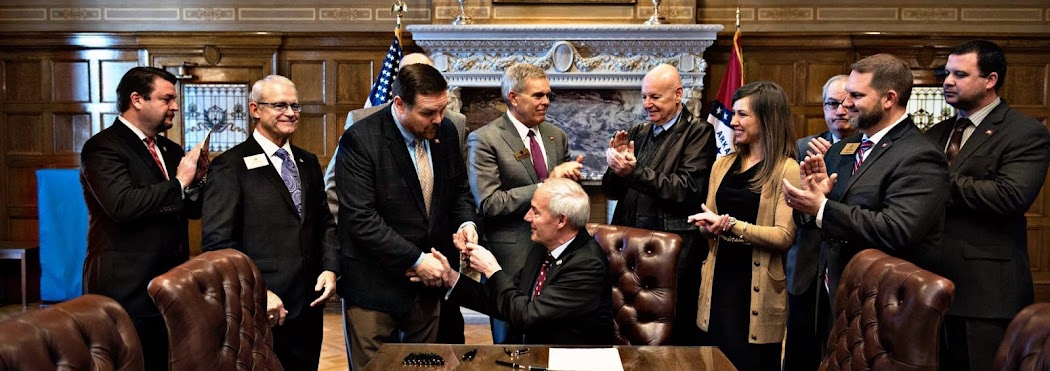The recent release of John Durham’s report has shed light on the behavior of the Federal Bureau of Investigation (FBI) and its potential impact on the foundations of our republic. The report highlights concerning actions taken by individuals within the FBI during the investigation into alleged Russian interference in the 2016 presidential election. These revelations rightfully raise questions about the integrity and impartiality of the nation’s top law enforcement agency, and their implications are far-reaching.
One of the fundamental pillars of our system is
the requirement that our institutions adhere to the rule of
law. The FBI’s actions, as outlined in Durham’s report, has eroded our ability to trust that our institutions adhere to that requirement.
When law enforcement agencies act with bias, pursuing political agendas, or
abusing their power, it undermines the faith citizens have in their government.
A loss of public trust weakens the very fabric of our republic and can sow
divisions that are difficult to mend.
The report exposes that members of the FBI were motivated by
extreme partisan biases during the investigation. Regardless of political
affiliations, it is crucial that law enforcement agencies remain neutral and
independent, free from any favoritism or political motivations. Political bias
undermines the core principles of justice and equality that our republic is
built upon. It is imperative that the FBI addresses these concerns and takes
steps to ensure its agents adhere to the highest standards of professionalism
and impartiality.
The findings in the report also demonstrates egregious
abuses of power within the FBI. The misuse of surveillance tools, misleading
information, and the withholding of exculpatory evidence undermine the
principles of due process and fairness. Such actions not only harm the
individuals directly affected but also erode the trust citizens place in the
justice system as a whole. Upholding the rule of law is crucial for the
functioning of our democracy, and any abuse of power within law enforcement
agencies must be thoroughly investigated and shutdown.
It is essential that the FBI takes swift and decisive action
to address the issues raised in Durham’s report. Holding individuals
accountable for their wrongdoing is necessary to restore public confidence in
the agency. Transparent internal investigations, robust oversight mechanisms,
and a commitment to upholding the principles of justice and impartiality are
crucial for the FBI to regain its credibility. The findings presented in John
Durham’s report have unveiled a toxic culture at the FBI that manifested itself
in troubling behavior during the investigation into the false claim of “Russian
interference” in the 2016 election. These revelations not only highlight
individual misconduct but also point to a deeper issue—this toxic culture that
has permeated the agency. The implications of such a culture are far-reaching,
as it undermines the foundations of our republic, erodes public trust, and
compromises the principles of justice and equality.
Addressing this negative culture within the FBI is of
paramount importance. It requires a comprehensive evaluation of internal
processes, a commitment to transparency, and a dedication to fostering an
environment of integrity, professionalism, and impartiality. Such cultural
transformation can only be achieved through strong leadership, rigorous
training, and a steadfast commitment to upholding the highest ethical
standards.
The FBI must prioritize the cultivation of a culture that
values truth, fairness, and the unbiased pursuit of justice. By addressing the
underlying noxious elements, the agency can begin the process of rebuilding
public trust and restoring its reputation as a cornerstone of law enforcement.
Only by rooting out this toxic culture can the FBI regain its credibility and
ensure that its actions align with the principles that our republic is founded
upon.
In conclusion, it is clear that the problems within the FBI
extend beyond individual misconduct. They stem from a corrupted culture that
has seeped into the very fabric of the agency. Recognizing and rectifying this
issue is no small task but it is essential for restoring the integrity of the
FBI and maintaining public confidence in our law enforcement institutions. It
is a critical endeavor that demands unwavering commitment, transparency, and a
dedication to upholding the principles that define our nation’s founding
ideals.




